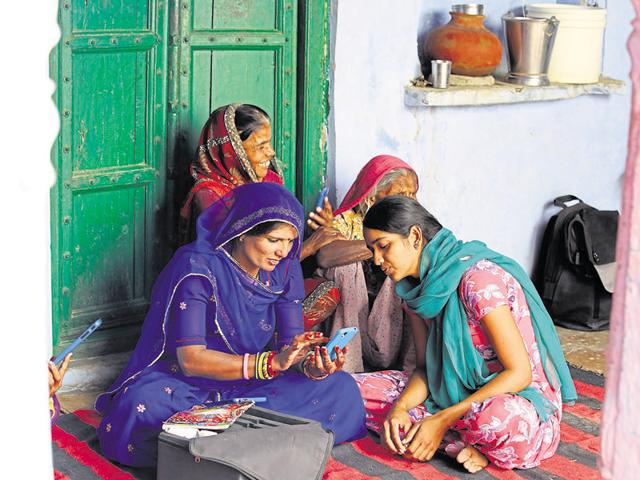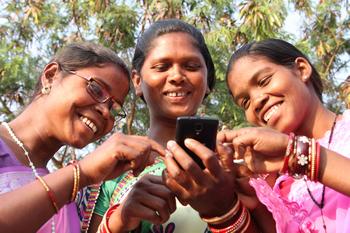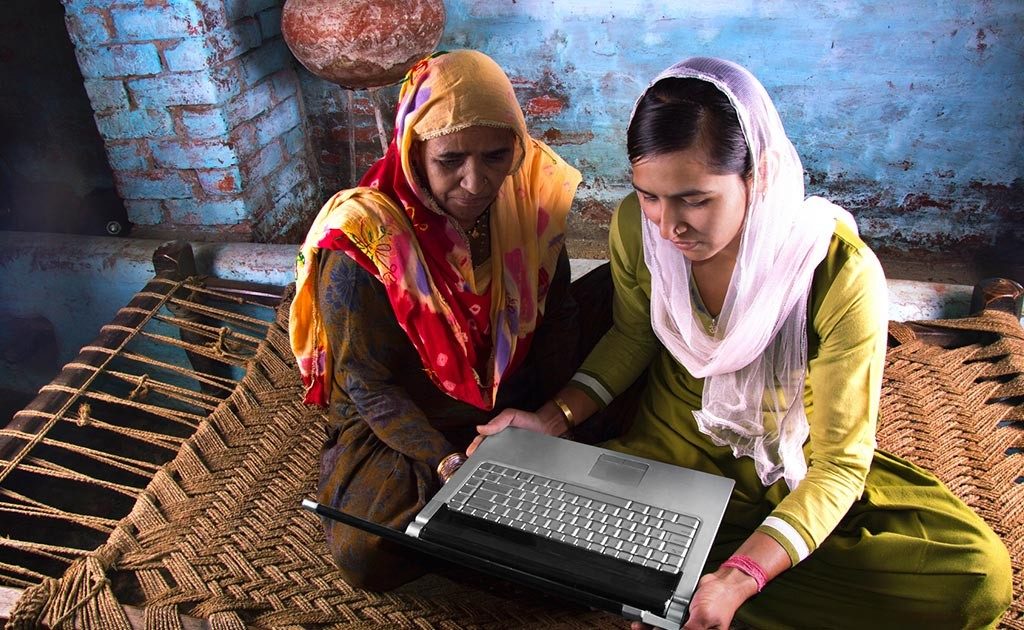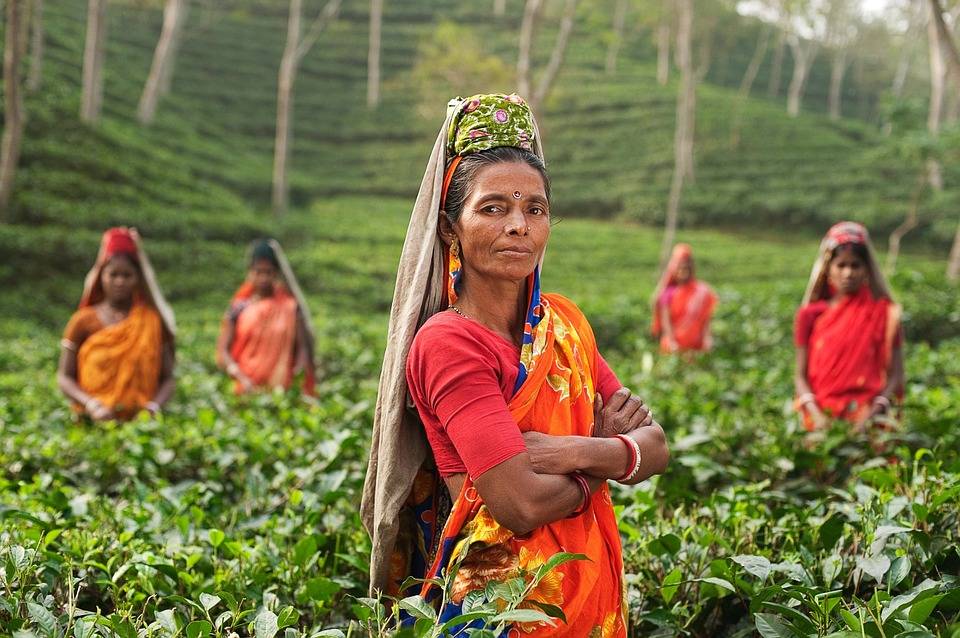The power of women rises with the advancement in technology. These days, most of the teenagers use Smartphone to chat with their friends. Some buys Smartphone only for whatsapp and games.
But for these rural women, smart phones help them to expand their business. It helps them for their livelihood and to increase their earnings.
Soundaram Ramasamy, the female bull-keeper who lives in western TamilNadu Whatsapps pictures of the bulls to her customer base with price quotes and milk yield at her dairy unit in Kathasamipalayam village.
Ramasamy and many other rural women uses mobile apps like KonguMadu which is an online marketplace for jallikattu breeds to increase their earnings.

Women self-help group (SHG) members from kotagiri town of Nilgiris District in TamilNadu are using social media in order to market their chocolates, pastries, tea and spice goody bags in urban centers.

To extend help, several organizations too came forward. Vodafone Foundation has tied up with the Self Employed Women's Association (SEWA) to develop a mobile app for rural women entrepreneurs to sell farm produce like pulses, wheat, and turmeric.
However, there are still so many rural places where women couldn’t use mobile phones due to lack of ID and address proofs.
CEO of Telenor India Communications said that they have been working to bridge this gap under Project Sampark in which through street plays and door-to-door contact with families; female promoters explain the benefits of mobile connectivity to people.

The project has already helped in providing livelihood opportunities to women who live in Western Uttar Pradesh.
Shrutam Desai, co-founder of Onlymobiles.com said, “Lack of education and familiarity with English has prevented mobile phones from reaching the last mile in the female segment. However, more and more handset makers are coming up with local language-enabled handsets which should help.”
It seems PM Modiji’s vision of “Achche din” has come true. We can expect that if adequate opportunities are given, villagers and especially rural women can transform their lives for better.
What do you feel?














